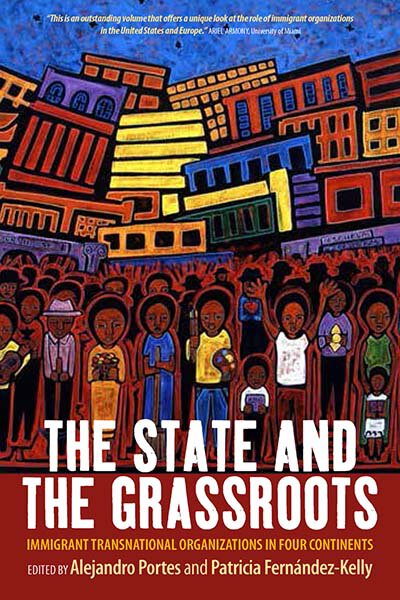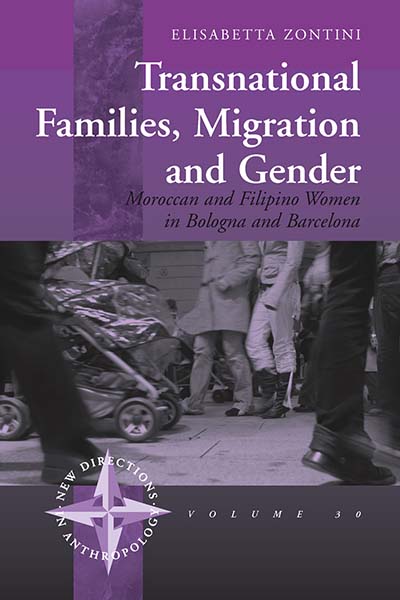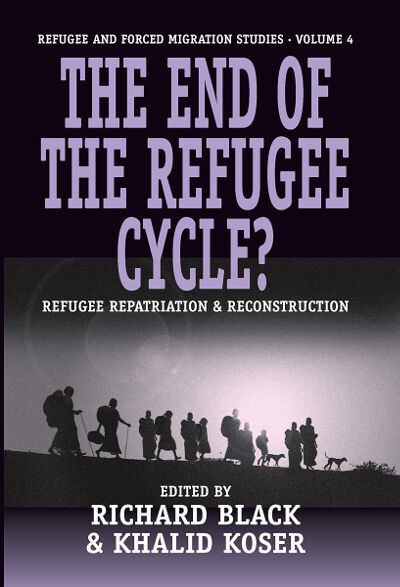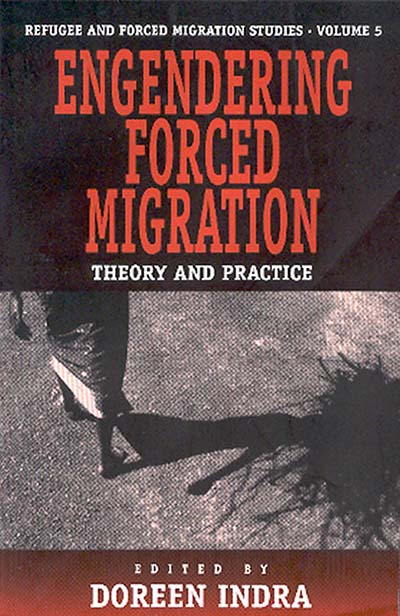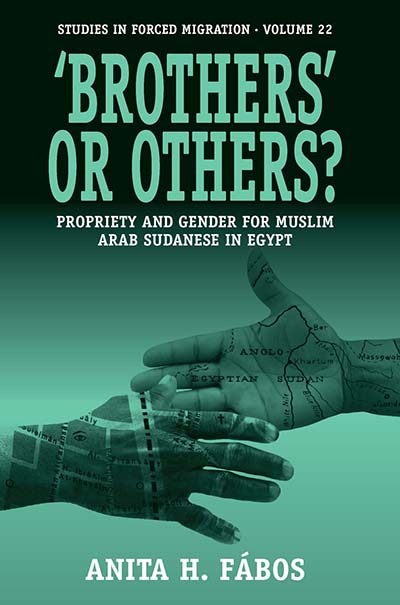
Series
Volume 22
Forced Migration
Email Newsletters
Sign up for our email newsletters to get customized updates on new Berghahn publications.
'Brothers' or Others?
Propriety and Gender for Muslim Arab Sudanese in Egypt
Anita Fábos
204 pages, bibliog., index
ISBN 978-1-84545-018-2 $135.00/£104.00 / Hb / Published (March 2008)
ISBN 978-1-84545-989-5 $34.95/£27.95 / Pb / Published (November 2010)
eISBN 978-0-85745-024-1 eBook
Reviews
“This book is a welcome contribution to anthropological debate and to the scant work on Sudanese transnational mobility.” · American Ethnologist
“In addition to writing a thoroughly engaging ethnography of Sudanese residents in Cairo, Fábos makes an important contribution to our understanding of the intersection of race/ethnicity and gender in the construction of diaspora identities” · African Affairs
“This rich ethnographic work complicates the notions of identity, loyalty, citizenship, and inclusiveness, showing how ethnic categories and cultural references can be manipulated to determine affiliation, inclusion, or marginalization… To understand the fluidity of these identities, as well as the ambiguities and contradictions of the legal and political status of Sudanese in Egyptian society, Fabos employs not only a wealth of ethnographic research, but also significant knowledge of colonial history and international legal regimes.” · Journal of Middle East Women’s Studies
Description
Muslim Arab Sudanese in Cairo have played a fundamental role in Egyptian history and society during many centuries of close relations between Egypt and Sudan. Although the government and official press describes them as "brothers" in a united Nile Valley, recent political developments in Egypt have underscored the precarious legal status of Sudanese in Cairo. Neither citizens nor foreigners, they are in an uncertain position, created in part through an unusual ethnic discourse which does not draw principally on obvious characteristics of difference. This rich ethnographic study shows instead that Sudanese ethnic identity is created from deeply held social values, especially those concerning gender and propriety, shared by Sudanese and Egyptian communities. The resulting ethnic identity is ambiguous and flexible, allowing Sudanese to voice their frustrations and make claims for their own uniqueness while acknowledging the identity that they share with the dominant Egyptian community.
Anita H. Fábos is an anthropologist whose work focuses on refugees and the nexus of ethnicity, race and gender in the Middle East. In addition to conducting research together with Sudanese individuals and families in Cairo and elsewhere in the Sudanese diaspora, she explores livelihood and identity strategies for urban forced migrants, refugee transnationalism, and refugee narratives and the state. She is Associate Professor at Clark University's Department of International Development, Community and Environment, where she coordinates the graduate program in International Development and Social Change.

